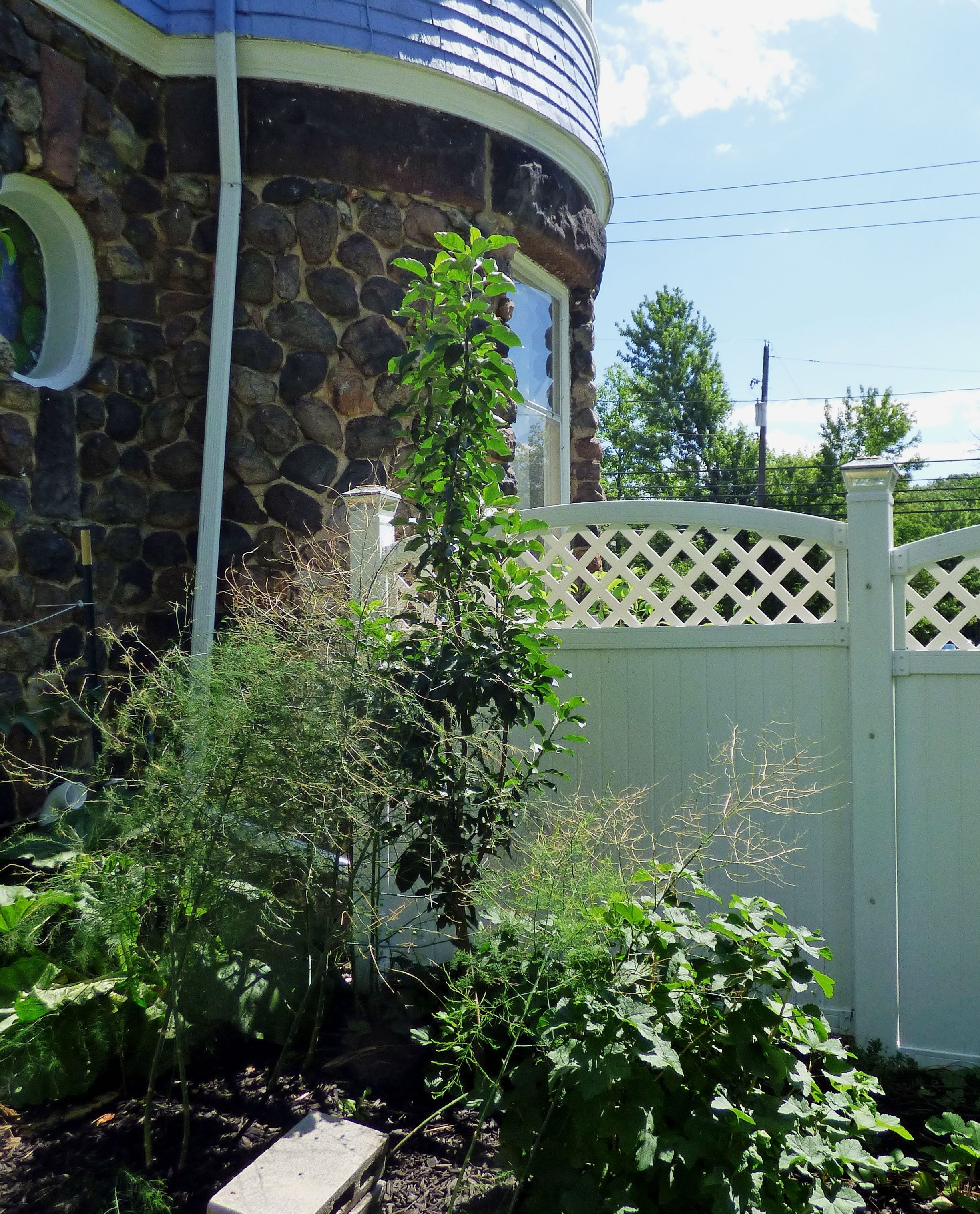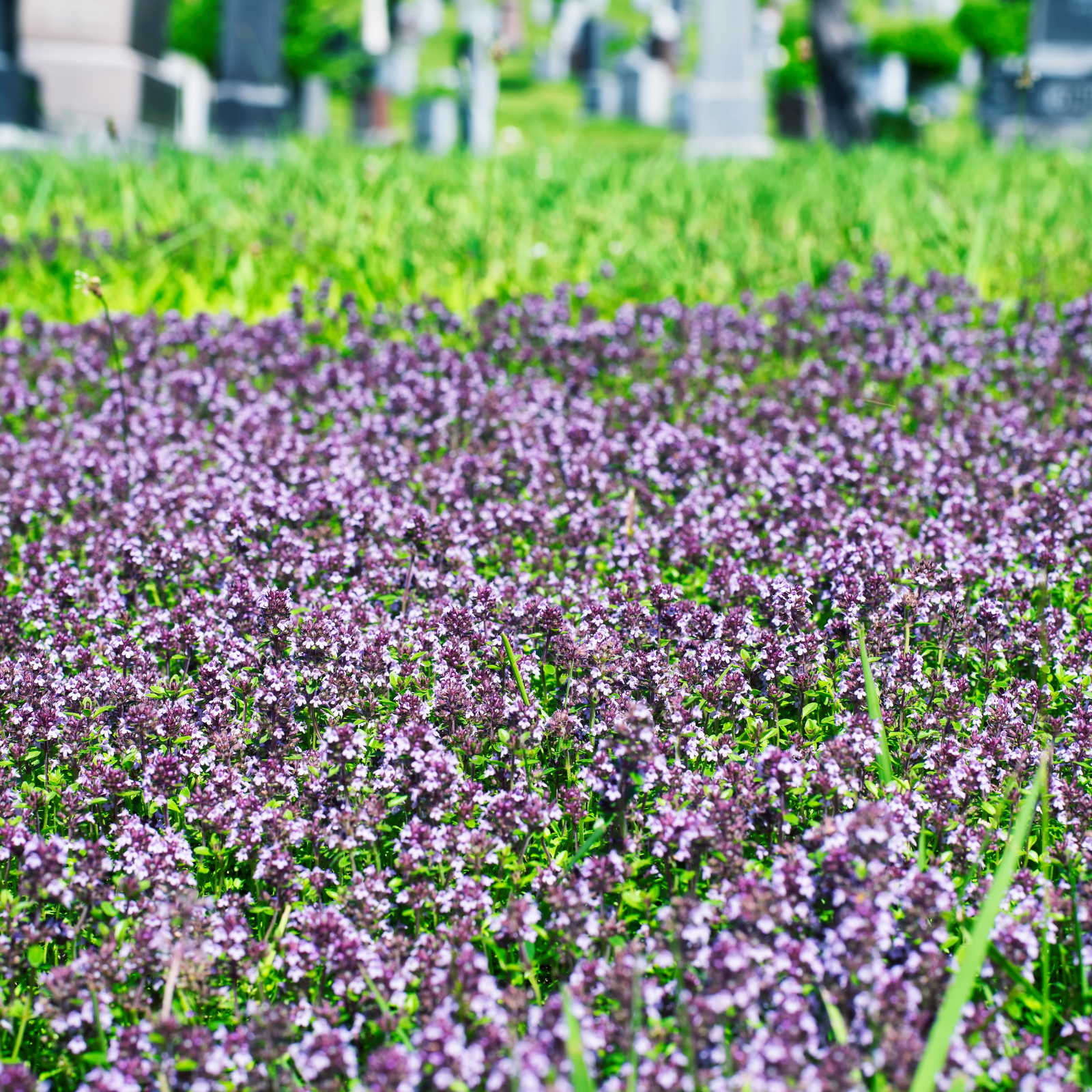Urban Fruit Tree Info: Tips For Growing Columnar Fruit Trees


Also known as urban fruit trees, columnar fruit trees are basically trees that grow up instead of out, giving the trees a spire shape and a rather elegant appearance. Since the branches are short, the trees are well-suited to small gardens in urban or suburban environments. Read on to learn more about columnar fruit tree care.
Urban Fruit Tree Information
So exactly what are columnar fruit trees? Although growers are working to create a variety of columnar fruit trees, apple trees are currently the only type on the market. You can buy peach, cherry, and plum trees that have an upright, narrow growth habit, but they aren't true columnar trees. Columnar fruit trees are usually 8 to 10 feet (2-3 m.) tall at maturity, compared to standard trees that reach heights of about 20 feet (6 m.). Spread of columnar apples trees is only about 2 to 3 feet (61-91 cm.). Apples grown on columnar trees are normal size, but a columnar tree produces less fruit than a standard, dwarf, or semi-dwarf tree. Although they tend to be expensive, columnar trees can produce fruit dependably for about 20 years.
How to Grow a Columnar Fruit Tree
Growing columnar fruit trees is fairly straightforward. Apple trees are suitable for growing in USDA plant hardiness zones 4 through 8, which means they tolerate all but very hot or very cold climates. Be sure you can provide a place in full sun, and that you have adequate space. Apples need pollen from a different type of apple tree to set fruit successfully, so you'll need at least two trees of two separate varieties to provide cross-pollination. Plant the trees within 100 feet (30 m.) of one another so bees and other pollinators will visit both trees. Columnar fruit trees grow well in the ground; allow at least 2 feet (61 cm.) between each tree. You can plant these fruit trees in large containers too, such as whiskey barrels.
Columnar Fruit Tree Care
Water columnar apple trees regularly; the soil should be neither soggy nor bone dry. Feed the trees regularly, using either a balanced fertilizer applied throughout the growing season, or a time-release fertilizer applied once every year. You may need to thin the trees the first year so the branches will support the weight of the apples. Otherwise, prune only as needed to remove damaged branches.
Gardening tips, videos, info and more delivered right to your inbox!
Sign up for the Gardening Know How newsletter today and receive a free copy of our e-book "How to Grow Delicious Tomatoes".

A Credentialed Garden Writer, Mary H. Dyer was with Gardening Know How in the very beginning, publishing articles as early as 2007.
-
 Get Ready For A Summer Of Hummers! Grow These Full Sun Hummingbird Plants and Flowers
Get Ready For A Summer Of Hummers! Grow These Full Sun Hummingbird Plants and FlowersIf you’re lucky enough to enjoy a sunny backyard, make sure you are maxing out on your pollinator opportunities and grow these full sun hummingbird plants and flowers
By Tonya Barnett
-
 12 Lush Alternatives To A Lawn For Sustainable Spaces
12 Lush Alternatives To A Lawn For Sustainable SpacesAlternatives to a lawn are beautiful and also beneficial to your local ecosystem and its pollinators. Explore our top picks for plants to replace grass.
By Tonya Barnett